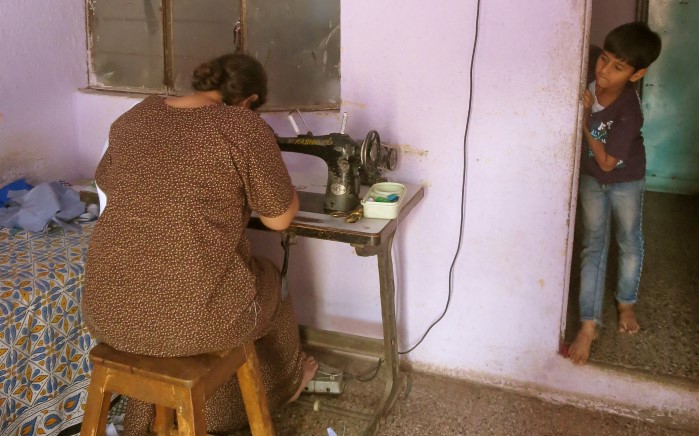 In 2006, Muhammad Yunus and his organization the Grameen Bank were awarded the Nobel Peace Prize for pioneering microcredit programs to the poor in Bangladesh. This was the culmination of nearly two decades of the international development field’s confidence in microfinance to bring social and economic development. The rise of the microfinance movement reflects what the former World Bank Chief Economist Joseph Stiglitz calls the social turn in international development, characterized by the inclusion of social dimensions, such as gender and inequality, in development practices.
In 2006, Muhammad Yunus and his organization the Grameen Bank were awarded the Nobel Peace Prize for pioneering microcredit programs to the poor in Bangladesh. This was the culmination of nearly two decades of the international development field’s confidence in microfinance to bring social and economic development. The rise of the microfinance movement reflects what the former World Bank Chief Economist Joseph Stiglitz calls the social turn in international development, characterized by the inclusion of social dimensions, such as gender and inequality, in development practices.
Critical social science scholars offer different interpretations of this social turn, including the appropriation of gender equality for neoliberal goals, the reliance on private solutions to poverty, and the mischaracterization of precarious and exploitative work as entrepreneurialism.
Home-based workers repurposed as entrepreneurs
Considering the hype around microfinance, entrepreneurialism, and the belief in the empowering potential of work, I was interested in comparing these ideas to the lives of women actually working in the informal economy. I spent a year in Ahmedabad, a large city in northwest India, conducting research with women home-based garment workers. Because of the work setting and an ambiguous employee-employer relationship, home-based workers are often mistakenly refashioned as self-employed micro-entrepreneurs.
Similar to current debates over the gig economy (such as Airbnb, Uber, and TaskRabbit), there are two interpretations of the informal economy: entrepreneurship or exploitation. In my research I found that women home-based workers reflected both sides but with caveats. Their experience with work was due to labor market forces that create low-wage, irregular work, but also to their social positions as poor women belonging to lower-caste or religious minority groups. Because of social and cultural customs, including household and caregiving responsibilities, these women could not work outside. Yet, they had to work because of their household’s economic position. As one participant, Biliksha, admitted, her family allows her to work because “our household needs money, otherwise, I would only do household work.”
Home-based work allowed women to be economically active while not conflicting with their gender roles in the family and community. However, home-based work is very irregular, low paid, and highly exploitative. Home-based work offers an opportunity to work, but the industry takes advantage of women’s limited social and spatial mobility to create a cheap and expendable labor force.
